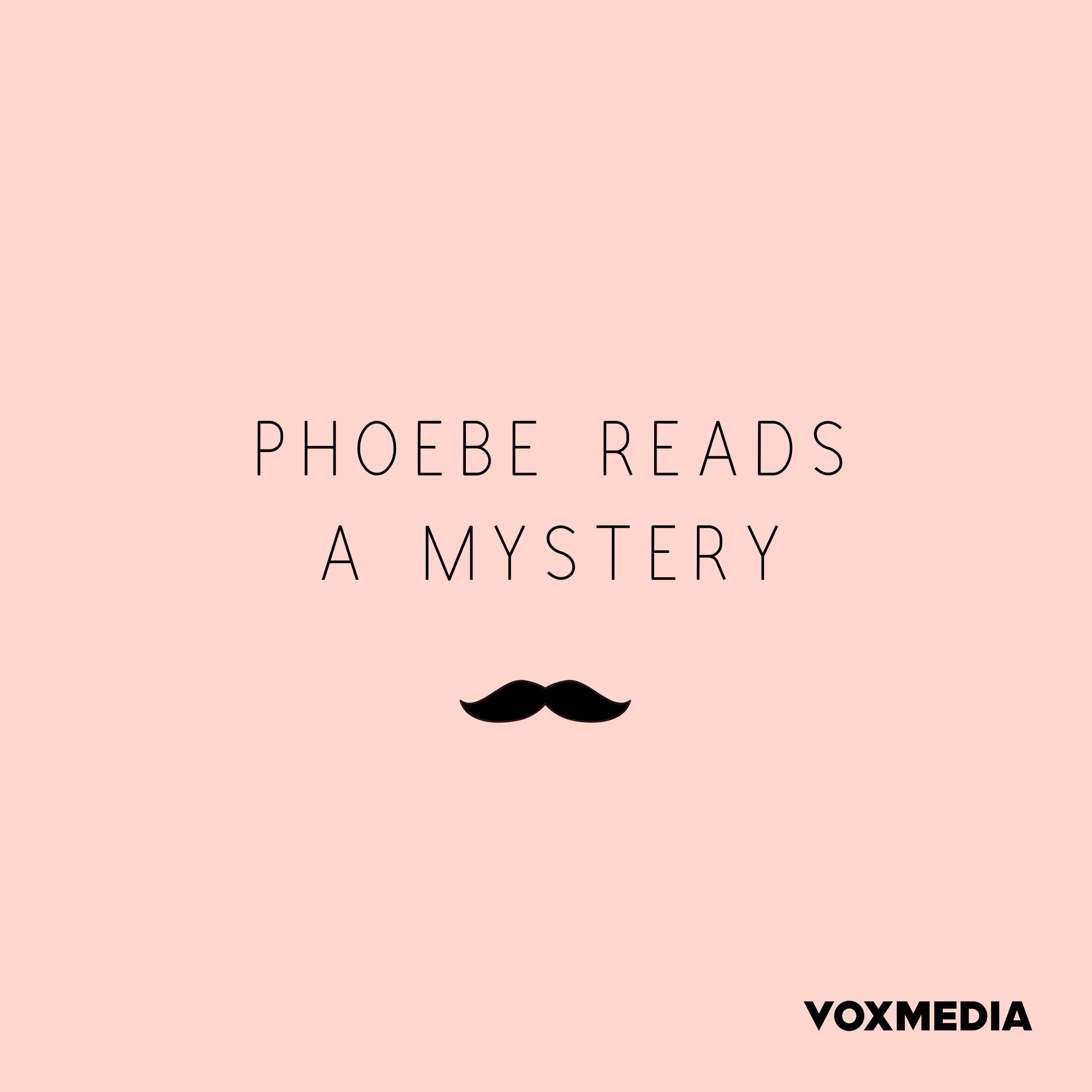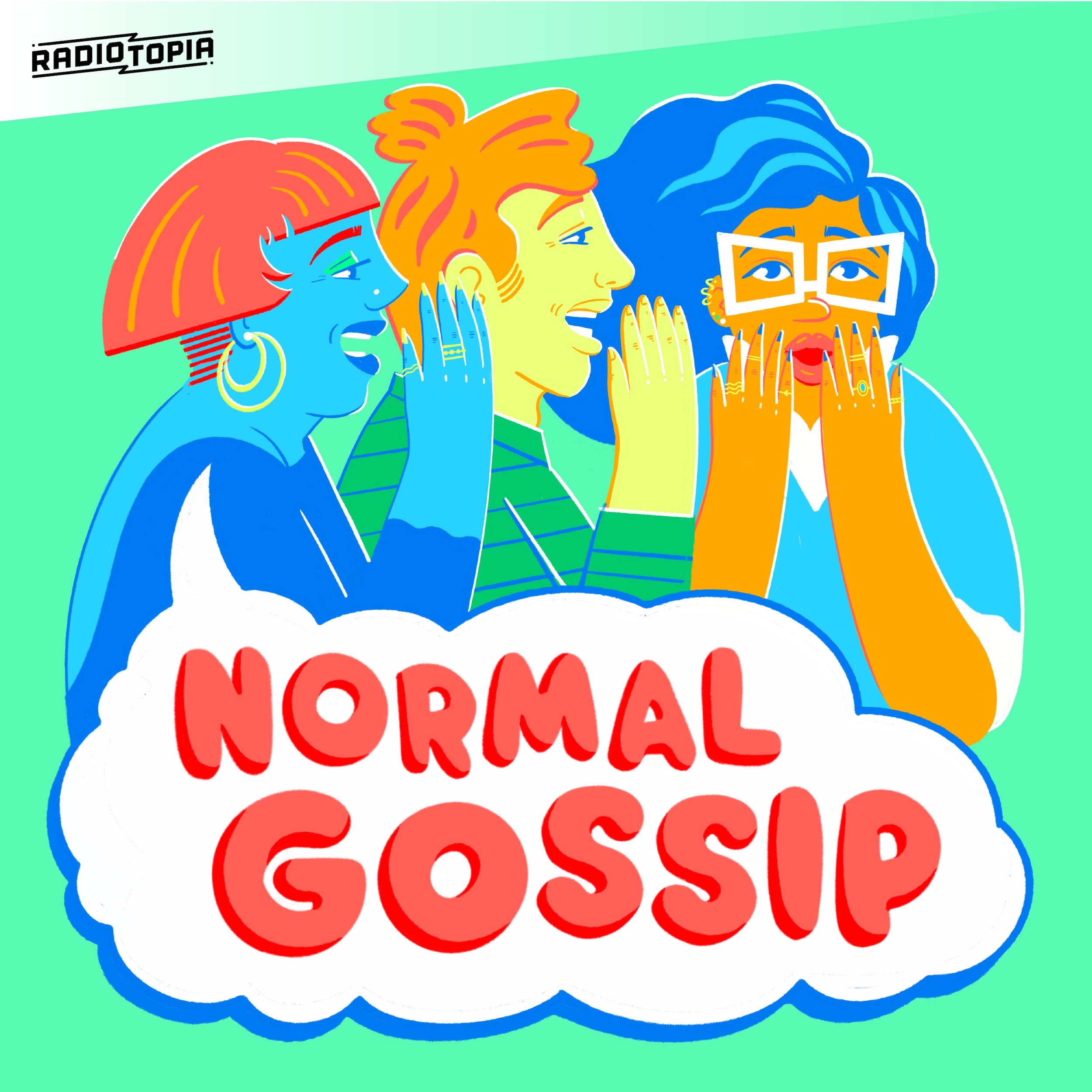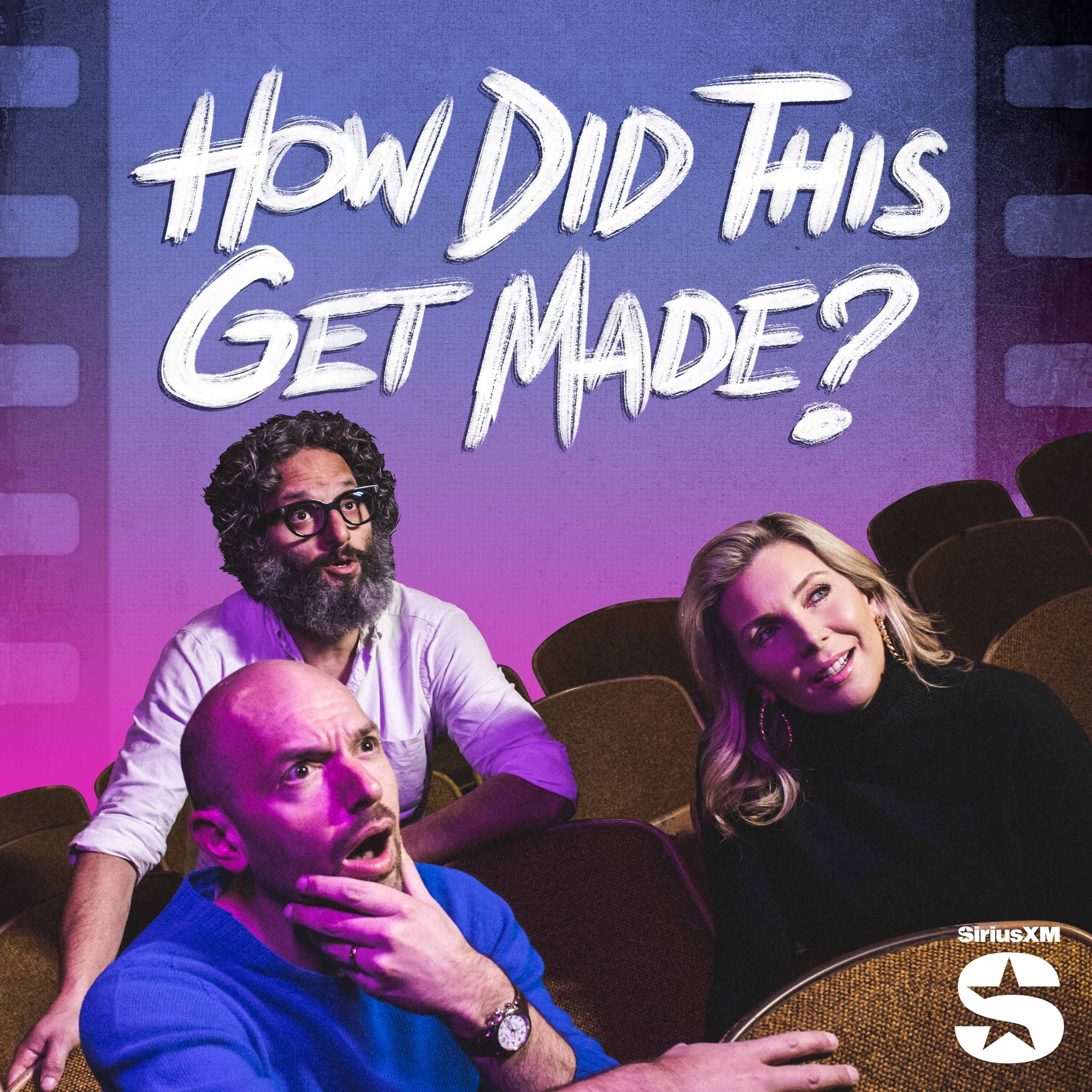
Poirot Pals
Join hosts Caitlin Morris and Chad Lind as they endeavor to read, research, and discuss all thirty-three Hercule Poirot mystery novels.
To get the most out of this audio book club, listen to the pre-read episodes before you read each book. Then, process your thoughts with Chad and Caitlin during each debrief episode.
Join us as we read in real-time, or listen and read at your leisure.
Poirot Pals
Pre-Read: Hercule Poirot's Christmas
Use Left/Right to seek, Home/End to jump to start or end. Hold shift to jump forward or backward.
Listen to this episode before you read Hercule Poirot's Christmas.
Join Grinch Caitlin and Chad Scrooge as they discuss the historical contexts surrounding the creation of Agatha Christie's beloved character, Hercule Poirot. You'll get tips on how to read the book, where to read the book, and what to look out for as you read.
This is a spoiler-free episode.
(Inspiration for the fireplace sounds in the background, courtesy of Honey and the cheese stick.)
Theme Music: The Black Cat by Aaron Kenny.
Spotify Playlist: https://open.spotify.com/playlist/2gPoZ4x7CqkG4AzlZ9SKFV
Learn more about Simon Schama's Power of Art here:
https://www.imdb.com/title/tt0887235/episodes/?season=1&ref_=tt_eps_sn_1
Sources: https://www.agathachristie.com/stories/hercule-poirots-christmas
https://agathachristie.fandom.com/wiki/Hercule_Poirot%27s_Christmas#Characters
https://moonlight-detective.blogspot.com/2022/12/hercule-poirots-
christmas-1938-by.html
Podcasts we love
Check out these other fine podcasts recommended by us, not an algorithm.

Criminal
Vox Media Podcast Network
Phoebe Reads a Mystery
Vox Media Podcast Network
Normal Gossip
Normal Gossip
American Hysteria
chelsey weber-smith
Quite Unusual
Nicole & Noelle
How Did This Get Made?
Earwolf and Paul Scheer, June Diane Raphael, Jason Mantzoukas
Johnny Winjoe's Journals and Journeys
Johnny Winjoe